OPEC July oil output hits 15-month high as demand recovers
The OPEC has pumped 26.72 million barrels per day (bpd), the survey found, up 610,000 bpd from June’s revised estimate. Output has risen every month since June 2020 apart from in February

The OPEC has pumped 26.72 million barrels per day (bpd), the survey found, up 610,000 bpd from June’s revised estimate. Output has risen every month since June 2020 apart from in February
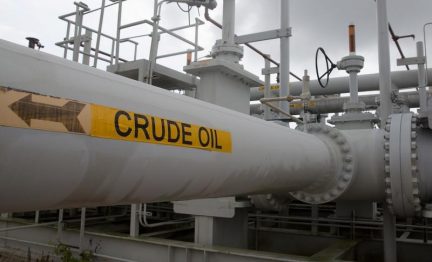
Oil prices are likely to be extremely volatile in the next few years, driven by supply constraints rather than demand as financing for new production evaporates in favour of renewables, U.S.-based Castleton Commodities International said

In a monthly report, the Organization of the Petroleum Exporting Countries said demand would rise by 6.6% or 5.95 million barrels per day (bpd) this year. The forecast was unchanged for a second consecutive month
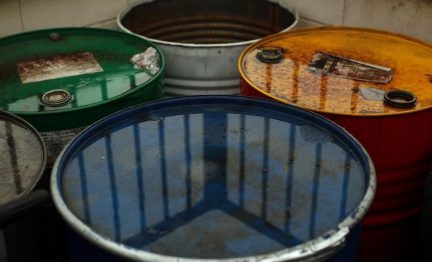
Oil prices rose a day after slipping on data indicating weak U.S. driving season fuel demand as investors eyed upcoming U.S. economic data

The US Energy Information Administration cut its 2021 world oil demand growth forecast by 10,000 barrels per day to 5.41 million bpd
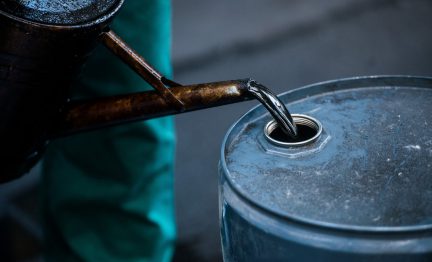
Oil prices were little changed after strong gains in the previous two sessions on expectations for surging fuel demand later this year while major producers maintain supply discipline
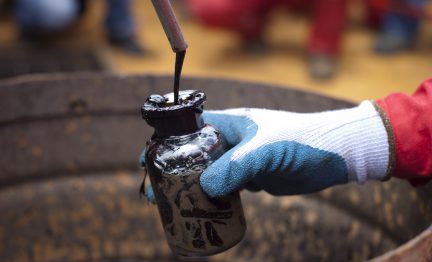
Oil rose, supported by an OPEC+ decision to stick to its plan to restore supply to the market gradually and by the slow pace of nuclear talks between Iran and the United States

Goldman Sachs said it expects oil prices to climb to $80 per barrel in the fourth quarter of this year, arguing that the market has underestimated a rebound in demand even with a possible resumption in Iranian supply
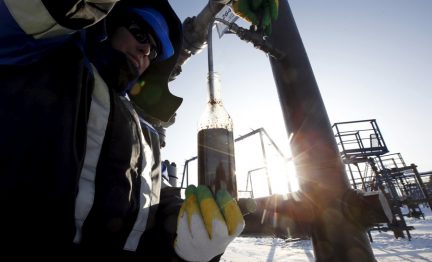
Russian Deputy Prime Minister Alexander Novak said there was an oil deficit on the global market even though some countries were recording a growing number of COVID-19 cases

The U.S. Energy Information Administration cut its 2021 world oil demand growth forecast by 80,000 barrels per day to 5.42 million bpd